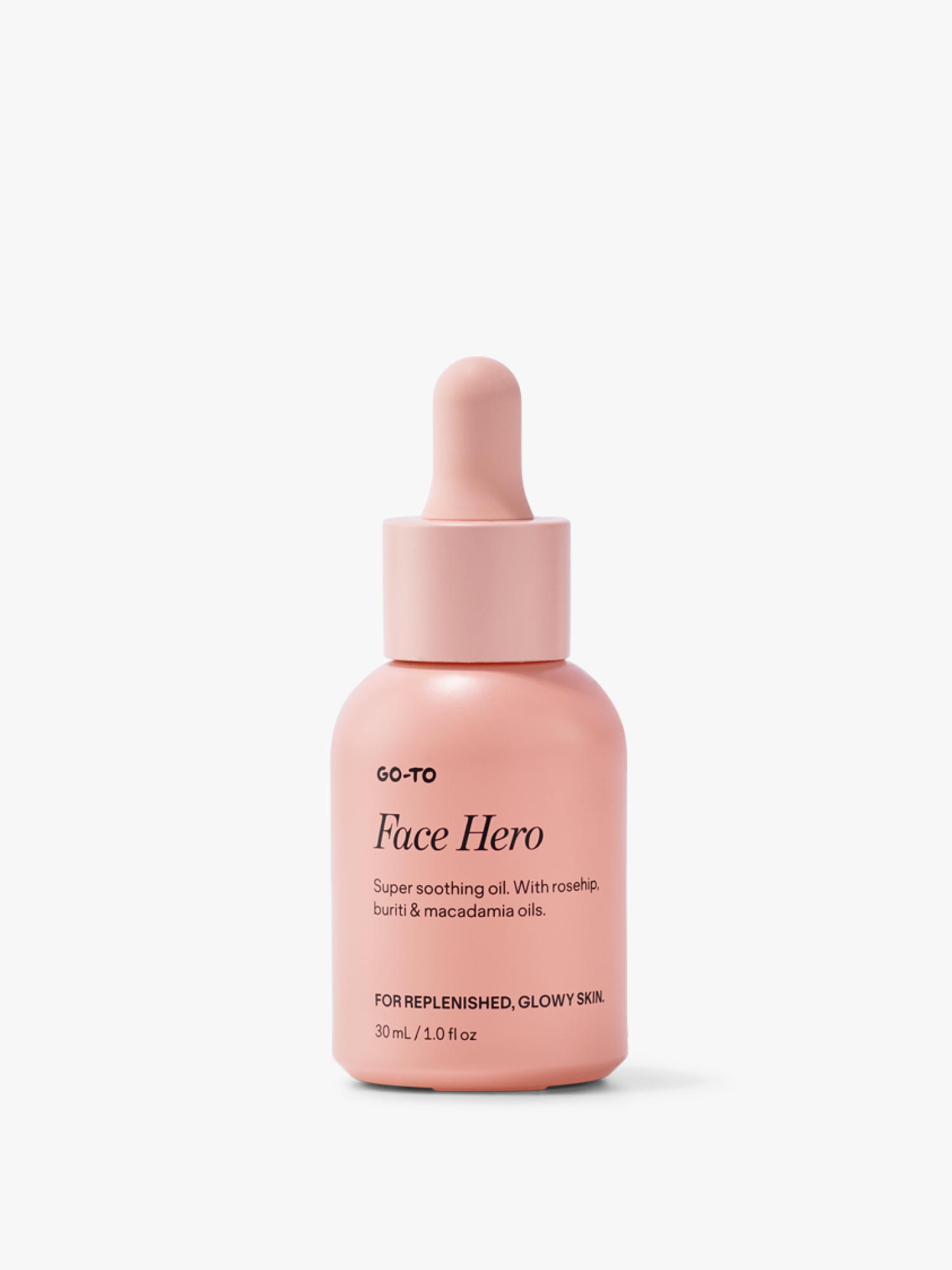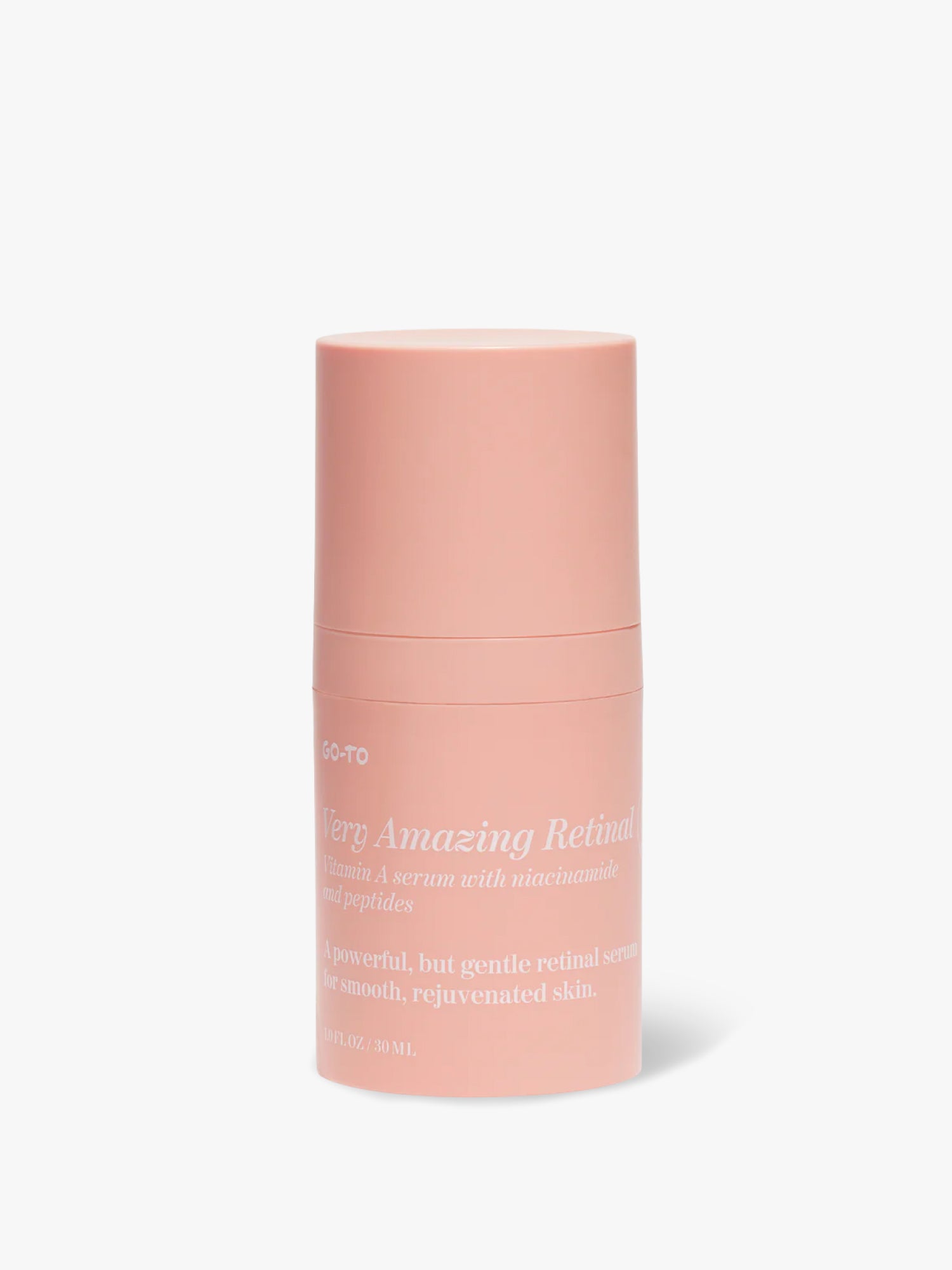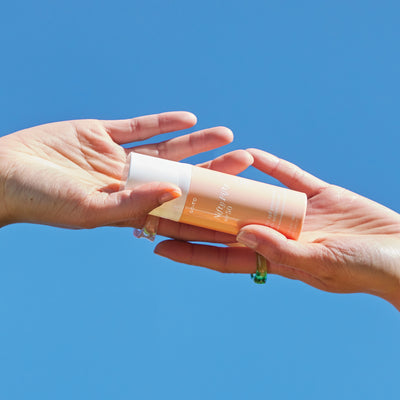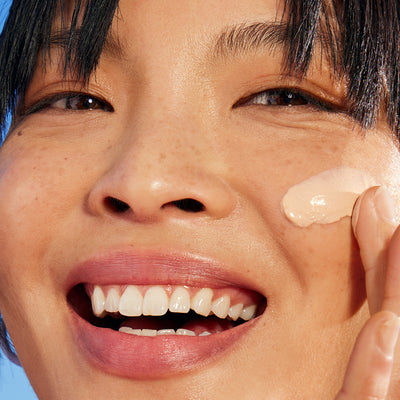Why is my skin feeling so sensitive all of a sudden? This is a common skin concern that has repeatedly popped up in clinic in the last few years - so let’s chat about it.
Skin sensitivity is not a new thing. However, all the additional stress we’ve endured recently (dare I say the word ‘lockdown’) coupled with a massive boom in the skincare industry, has contributed to an increase in sensitised skin.
You see, not only did many of us go a little crazy on the active skincare train over the past few years, many of us have done so blindly and let social media influence our choices - sans the help of a professional. (Which, hello! We are here to help you on your skincare journey!)
Although, I get how buying viral skincare can seem enticing.
The thing is, harsh skincare products, excessive cleansing and just buying products without specifically knowing why, has been an epidemic in and of itself. And while in 2023 times do now seem a little more 'precedented'…many skins are still on the mend.
If your skin continues to feel sensitised, let’s chat about that in a bit more detail, and how we can manage it properly.
The difference between sensitive and sensitised skin.
Many people come into the clinic thinking their skin is sensitive when really it’s sensitised. And while the symptoms of each are quite similar and can include: dehydration, redness, uneven skin texture, rashes, breakouts, itching and even burning or swelling. They are actually very different.
Sensitive skin: You’re born with sensitive skin. It’s genetic. Most people with sensitive skin have a thinner epidermis and tend to have lower amounts of melanin in their skin (although darker skin types can have sensitive skin too). People with sensitive skin naturally have a weakened skin barrier, while some people’s skin barrier is so weak it can result in chronic skin conditions like eczema and rosacea. Unfortunately there is no “cure” for sensitive skin. If you have it, you generally have it for life, although it can be managed.
Sensitised skin: On the other hand, sensitised skin is generally your own fault. Yes, that’s right, you might have naturally had a really great skin barrier but you’ve just impaired it yourself. (We’ve all been there.) Anyway, it happens when you don’t use the right products for your skin type, you over-exfoliate, get excessive sun exposure and it can even be blamed on the climate and pollution too. The good news? With the right skincare and lifestyle habits you can make it go away.
The key learning here is that what you put on your skin matters. Can your skin handle exfoliation with glycolic before adding a retinol to your routine? Or will it mess with your barrier and sensitise your skin? And if you’re a sensitive skin type do you take note of your skin’s response to ingredients in extreme climate conditions? Or even just how it responds in general heat and humidity? All of these things can mess with hydration levels and have an impact on the skin too.
How to manage sensitised skin.
Despite all of this, if you have managed to sensitise your skin, never fear - calming and hydrating ingredients are here - and you will need them consistently on your road to recovery.
First things first if you have sensitised your skin you need to pull back on the actives and return to a very trusted, very basic routine.
Every AM:
You should be cleansing with a gentle cleanser, and you can also add in a fragrance free hydrating serum if you want (Much Plumper Skin would be perfection), then follow with a basic moisturiser and of course SPF.
During this period your skin just needs simple formulas. And your evening routine should be the same too. A note that while many people love their vitamin c, it’s often best avoided while skin is healing.
Every PM:
Try a gentle double cleanse (oil first then your normal water-based cleanser) hydrating serum (if you like) and again, seal it all in with a rich moisturiser.
Do this for at least four weeks and your skin will be on its way to feeling happy and healthy once again.















Comments